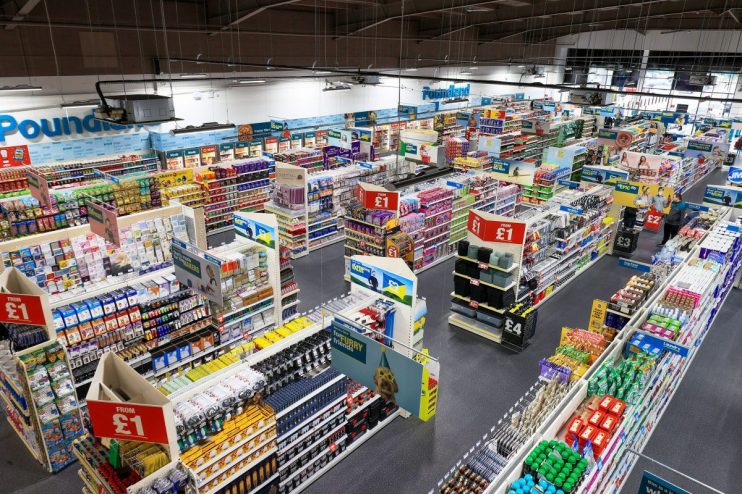Poundland sales resilient as shoppers more familiar with discount brands versus 2008

Poundland’s owner has reiterated its confident outlook, encouraged by the size of the discount market across Europe amid present economic turmoil.
In a third quarter trading update, Pepco posted group revenues of €1.2bn, with year-to-date sales hitting €3.5m.
The retailer, which also owns the Dealz and Pepco brands in Europe, said Poundland like-for-like sales had risen two per cent and 3.8 per cent on a year-on-year constant currency basis.
Pepco revenues were elevated 7.3 per cent on a like-for-like basis and 28.5 per cent year-on-year on a constant currency basis.
The budget group said it was “committed to investing in its price proposition and maintaining its market-leading variety discount offering.”
A continued focus on slimming operation costs was enabling us to keep prices low, it added.
Shoppers are now more familiar with the European discount market, which has grown since the previous financial crisis in 2007-8, the firm added.
It was encouraged by the knowledge that many more customers “frequently shop across this channel.”
The company said it was “confident in our continued progress” and felt it was on track for “another good year” providing no “further significant deterioration in the macro trading environment.”
“Despite the challenging market environment, Pepco continues to accelerate and deliver against its successful growth strategy based around our four key pillars: bigger, better, simpler and cheaper,” Trevor Masters, CEO of Pepco Group, said.
“We remain confident in the strength of our customer proposition, market positioning and in our ability to drive long-term value creation.”
Earlier this year, Pepco noted consumers in the UK have been particularly wounded by higher costs of living, impacting spending.
Higher wages in Central and Eastern European markets were significantly offsetting inflationary pressures – however, in the Western European markets, stagnant wage growth had led to shoppers paring back spending on consumer goods.
In an update, the company said: “Specifically in the UK, the cost-of-living crisis has impacted customers’ disposable income as they scale back even on essential purchases in the short term.”
“Our continued focus on reducing the costs of doing business means that we are able to offset some of our input inflation, allowing us to protect price for all of our cost-conscious customers whilst also absorbing some of the input inflation ourselves as evidenced by the decline in our gross margins.”